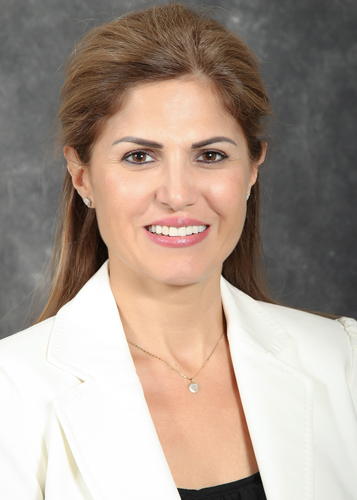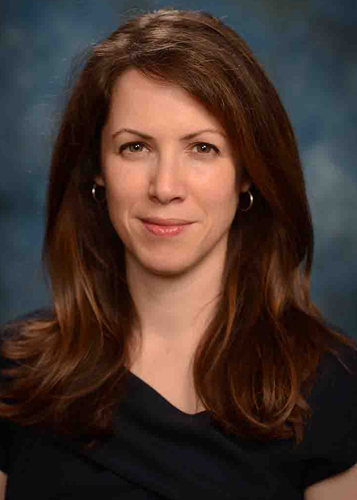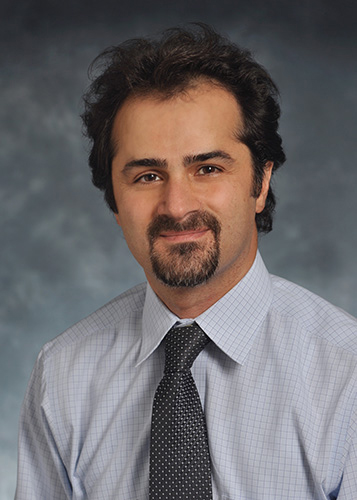
F. Gregory Gause III
Professor and John H. Lindsey ’44 Chair
Ph.D. Harvard 1987 | Bio
Professor Gause’s research focuses on the international politics of the Middle East, particularly the Arabian Peninsula and the Persian Gulf, and American foreign policy toward the region. He has published three books, most recently The International Relations of the Persian Gulf (Cambridge University Press, 2010). His articles have appeared in Foreign Affairs, Foreign Policy, Middle East Journal, Security Studies, Journal of Democracy, Washington Quarterly, National Interest, and other journals and edited volumes. Before coming to the Bush School, he was on the faculties of Columbia University (1987-1995) and the University of Vermont (1995-2014). He has held visiting appointments at the Council on Foreign Relations (1993-1994); the Kennedy School of Government at Harvard University (2009-2010); the American University of Kuwait as a Fulbright Scholar (2009); and the King Faisal Center for Islamic Studies and Research in Riyadh, Saudi Arabia (2010). He was also a nonresident senior fellow at the Brookings Doha Center (2012-2015). Professor Gause studied Arabic at the American University in Cairo (1982-1983) and Middlebury College (1984).

Christine Silva Hamie
Associate Instructional Professor
Ph.D. York University 2007 | Bio
Dr. Hamie joined the Department of International Affairs in 2014 as a lecturer, teaching courses on post-conflict recovery and development, international organizations, and clientelism, along with a number of capstone courses. A native of Lebanon, Dr. Hamie earned a BA in political science at Beirut University College and an MA in international relations at the Lebanese American University in Beirut before going on to York University in the United Kingdom for her PhD. After earning her doctorate, Dr. Hamie worked for Oxfam GB, first monitoring, analyzing, and reporting on humanitarian developments in heavily targeted areas during and after conflict, including in the Beirut suburbs, South Lebanon, and the Bekaa Valley. From 2007 to 2010, Dr. Hamie was a projects manager at the United Nations Development Program in Beirut, where she managed the Poverty Reduction and Local Governance program after the July 2006 war in Lebanon. Dr. Hamie has published extensively on Middle Eastern and post-conflict issues. Most recently, she coauthored a peer-reviewed article on gender-based violence, a case study in Lebanon, and she coauthored a chapter in the forthcoming book Global Issues in Talent Development. In addition, she is a PI on two grants conducting research on the Syrian refugee crises.

Erin. A. Snider
Assistant Professor
Ph.D. Cambridge University, 2012 | Bio
Dr. Erin A. Snider is an assistant professor in the Department of International Affairs at the Bush School.
Her research interests and expertise lie in the fields of Middle East politics, international political economy, democratization, foreign assistance, international security, and US foreign policy. She is the author of Marketing Democracy: The Political Economy of Democracy Aid in the Middle East (Cambridge University Press, 2022). Her research has been published in journals such as International Studies Quarterly, PS: Political Science and Politics, Middle East Journal, and Middle East Policy. She teaches courses in the political economy of the Middle East, the politics and history of the Arab uprisings, the politics and practice of democracy promotion, and the politics of modern Egypt
Dr. Snider holds a PhD in Politics and International Studies from the University of Cambridge. Her other degrees include an MSc in Middle East politics from the School of Oriental and African Studies at the University of London and a BA summa cum laude from James Madison University. Dr. Snider was a Carnegie Fellow with the New America Foundation and recently received a Bridging the Gap Policy Engagement fellowship. She was a postdoctoral fellow in regional political economy (Middle East) at the Niehaus Center for Globalization and Governance, part of the School of Public and International Affairs at Princeton University. While at Cambridge, Dr. Snider was a Gates Scholar, supported by the Bill and Melinda Gates Foundation. In 2007-2008, she held a Fulbright Fellowship to study Arabic at the American University in Cairo’s Arabic Language Institute.

Mohammad Ayatollahi Tabaar
Associate Professor
Ph.D. Georgetown University, 2012 | Bio
Dr. Tabaar’s research areas include international security and Middle East politics. He is the author of Religious Statecraft: The Politics of Islam in Iran (Columbia University Press, 2018). Dr. Tabaar has been a fellow or a visiting scholar at Rice University’s Baker Institute for Public Policy, Harvard University’s Center for the Middle East, Cambridge University’s Centre of Islamic Studies, and George Washington University’s Institute for Middle East Studies. His articles have appeared in Security Studies, PS: Political Science & Politics, and Journal of Strategic Studies. He has also written for Foreign Affairs’ Snapshot, Foreign Policy’s Middle East Channel, Washington Post’s Monkey Cage, and the New York Times Magazine. Dr. Tabaar is currently working on two research projects: nuclear statecraft in hybrid regimes and ideological strategies of political actors. Aside from his doctorate from Georgetown University, he holds a BA in social sciences from the University of Tehran, an MA in sociology from the New School for Social Research, and an MA in international relations from the University of Chicago.

